Dizziness refers to a range of sensations, such as feeling faint, woozy, weak, or unsteady, and it can range anywhere from mildly annoying to devastating in severity.
And for seniors, these feelings can significantly impact daily life.
Feeling dizzy certainly isn’t pleasant, but when it starts inhibiting your ability to walk safely, it can lead to serious concerns like falls and related injuries.
Anyway you look at it, dizziness should be avoided and taken seriously.
When it comes to getting rid of dizziness, it’s important to figure out what’s causing it in the first place – and with seniors, there can be several causes.
In this article, we’ll go over some of the most common causes of dizziness in seniors.
After reading, you should have a better understanding of where dizziness comes from in the first place.
Defining “Dizziness”
“Dizziness” or feeling “dizzy” is a hard sensation to define and it can mean different things to different seniors.
To many, dizziness may be a sensation of feeling lightheaded or feeling like something in your head isn’t quite right.
To others, it may mean more of a feeling of being unsteady on your feet or feeling like you can’t quite keep your balance.
I’ve even had a few seniors describe being dizzy as not being able to focus their eyes on objects effectively.
It’s a good idea to try and really pin-point the sensation you’re talking about because this may help in diagnosing what’s causing your symptoms.
Vertigo, or the sensation that you or the room is spinning, is a very specific type of dizziness and it’s often caused by inner ear issues.
When possible, it’s always helpful to rule out vertigo vs general dizziness – again, because it will often help guide the treatment.
For seniors, dizziness is a particularly concerning issue because it can increase the risk of falls and reduce mobility.
And while occasional dizziness might seem like a minor inconvenience, frequent or severe episodes can signal underlying health issues that need attention.
1. Inner Ear Issues
If your experiencing vertigo, or the spinning sensation mentioned earlier, your dizziness is likely coming from your inner ear.
The inner ear (aka the vestibular system) is a complex area and it’s main job is to help you maintain your balance.
And as we age, changes in the inner ear’s structure and function can lead to dizziness.
One of the most common age-related conditions affecting the inner ear is Benign Paroxysmal Positional Vertigo (BPPV).
BPPV is quite common and occurs when tiny crystals in the inner ear become dislodged and move into the semi-circular canals, causing a spinning sensation (usually when changing positions or getting in/out of bed).
Vertigo caused by BPPV can be very unpleasant, but the good news is that physical therapy exercises can often help get the crystals back where they belong and eliminate the dizziness.
What You Can Do: If you suspect BPPV, consult an ear, nose, and throat (ENT) specialist. They may recommend specific head movements or physical therapy exercises to reposition the crystals and alleviate symptoms.
2. Low Blood Pressure
Having low blood pressure is another common causes of feeling dizzy or lightheaded.
If you feel normal while sitting, but get the dizzy sensation when standing, you may be experiencing orthostatic hypotension.
Orthostatic hypotension occurs when there’s a sudden drop in blood pressure upon standing from a seated or lying position, leading to dizziness or lightheadedness.
This condition can also cause dizziness with bending over, a common complaint with many seniors.
And we’re talking about a pretty significant drop in blood pressure here – orthostatic hypotension is usually described as a drop of 20 points or more on the systolic blood pressure (top number) or 10 or more points on the diastolic pressure (bottom number).
This condition is particularly common in seniors and can be caused by dehydration, certain medications, or underlying health issues.
What You Can Do: To manage orthostatic hypotension, start off by standing up slowly from a seated or lying position and remaining standing for a few minutes to see how your body reacts. Staying well-hydrated and doing a few warm up exercises before standing can also help. If this condition continues, you should see your physician.
3. Medications
Many seniors take multiple medications and some of these can cause dizziness as a side effect.
Common culprits include blood pressure medications, sedatives, antidepressants, and medications for neurological disorders.
Sometimes medications can interact with other meds as well, leading to a cascade effect of dizziness.
What You Can Do: Review your medications with your doctor regularly. They may suggest adjusting the dosage, switching to a different medication, or taking steps to counteract the dizziness, such as staying hydrated or taking the medication with food.
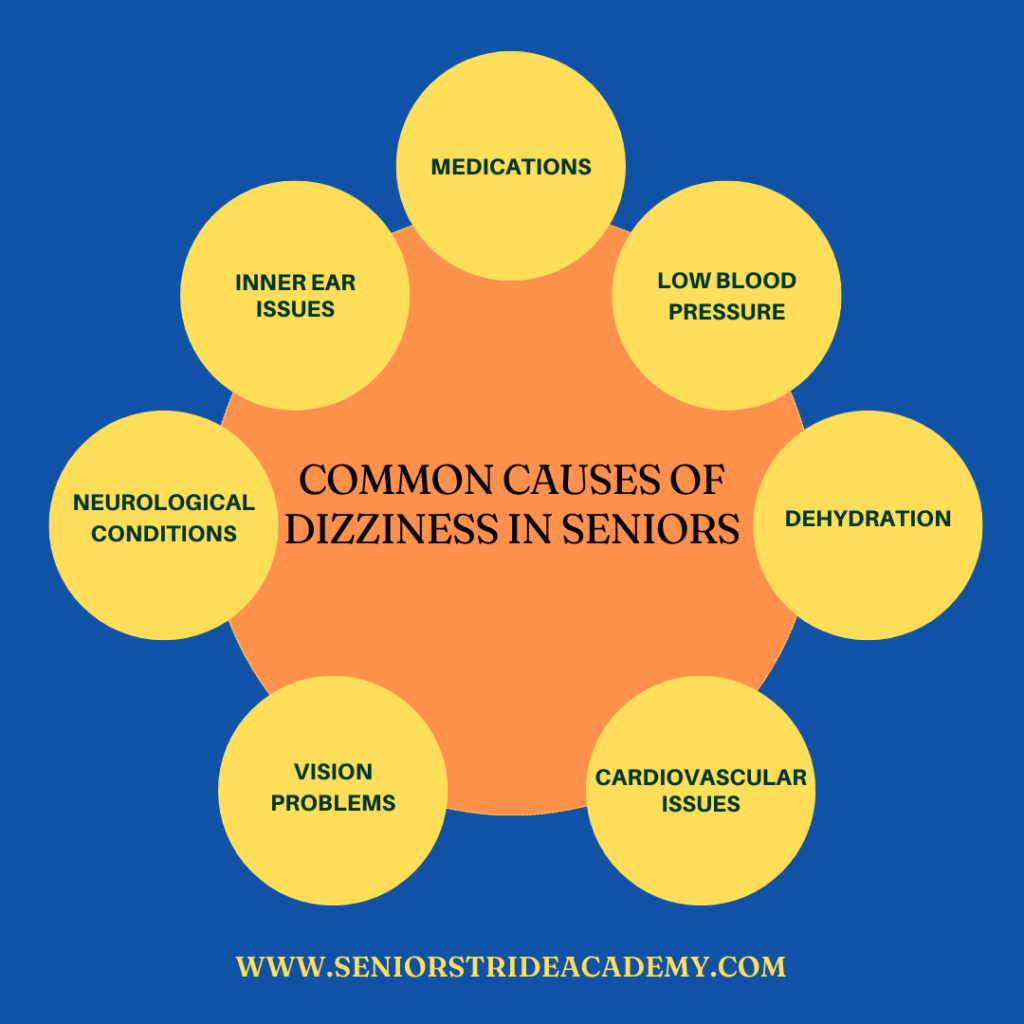
4. Dehydration
Dehydration is a common issue in seniors and it can lead to all kinds of problems.
It can cause a drop in blood pressure, leading to dizziness, but it can also make seniors feel weak, fatigued, or just low in energy.
As we age, the body’s ability to conserve water also decreases, and the sensation of thirst may become less pronounced, making dehydration more likely.
How much water is enough?
That’s a tough one to answer because different seniors might have different requirements, but aiming for at least 6-8 glasses of water a day is a good place to start.
What You Can Do: Ensure you’re drinking enough fluids throughout the day. Aim for at least 6 to 8 glasses of water daily, more if you’re active or in a hot environment. If plain water isn’t appealing, try hydrating with herbal teas, fruit-infused water, or other healthy beverages.
5. Cardiovascular Issues
Underlying heart issues is another common cause of dizziness.
Heart conditions such as arrhythmias, heart failure, or atherosclerosis (hardening of the arteries) can lead to dizziness, especially when the brain isn’t receiving enough blood flow.
In some cases, dizziness may be a sign of a serious cardiovascular problem that requires immediate attention.
What You Can Do: If you experience dizziness along with chest pain, shortness of breath, or fainting, seek medical attention immediately. For less severe symptoms, regular check-ups with your doctor can help manage cardiovascular health and prevent dizziness.
6. Neurological Conditions
Neurological conditions like Parkinson’s disease, stroke, or multiple sclerosis can also cause dizziness in seniors.
These conditions may affect the brain’s ability to coordinate balance and movement, leading to unsteadiness and falls.
All of the conditions mentioned above can present themselves in various ways with differing symptoms, so it can be hard to predict how they will effect different seniors.
The effects of strokes, for example, vary greatly depending on the part of the brain affected.
What You Can Do: Managing neurological conditions often involves a combination of medications, physical therapy, and lifestyle adjustments. If dizziness is affecting your daily life, discuss it with your neurologist to explore treatment options tailored to your specific needs.
7. Vision Problems
Good vision is paramount for maintaining balance because we depend largely on our vision for controlling our bodies in space.
And like many things, as we age, our vision often deteriorates.
Vision changes like cataracts, glaucoma, and macular degeneration can impair depth perception and spatial awareness, leading to dizziness and falls.
What You Can Do: Regular eye exams are essential for detecting and managing vision problems. Wearing the correct prescription glasses and making sure your home is well-lit can also help reduce the risk of dizziness and falls.
Final Thoughts
Dizziness in seniors is often multifactorial, meaning it can result from a combination of the factors mentioned above.
In other words, it can challenging to figure out exactly where your dizziness is coming from.
Personally, I’ve treated a lot of patients with dizziness over the years and I can tell you it’s not always easy to solve this problem.
Physical therapy can be really helpful in treating BPPV and reducing positional vertigo, but dizziness coming from cardiovascular or neurological issues will likely require medications to treat those underlying conditions.
And I really can’t stress the importance of proper hydration (and nutrition) enough.
I had a patient once that was complaining of severe dizziness when I arrived – long story short, his blood pressure was extremely low and I spent the entire visit watching him drink glasses of water.
The good news is though, by the time I left, his pressure had risen and his dizziness had gone away.
Dehydration is serious stuff, especially for seniors, and it’s one cause of dizziness that we have complete control over.
If you’re experiencing persistent or severe dizziness, don’t hesitate to consult with a healthcare professional who can help identify the cause and guide you toward appropriate treatment options.
By taking proactive steps, you can reduce the impact of dizziness and continue enjoying an active and independent lifestyle.
Regular health check-ups and routine visits to healthcare providers can help catch underlying issues early, allowing for timely treatment and management.
Don’t skip those regular appointments!
Anyway, I hope you found this article helpful and as always, if you have any questions or comments, just leave ’em below and I’ll get back to you shortly.
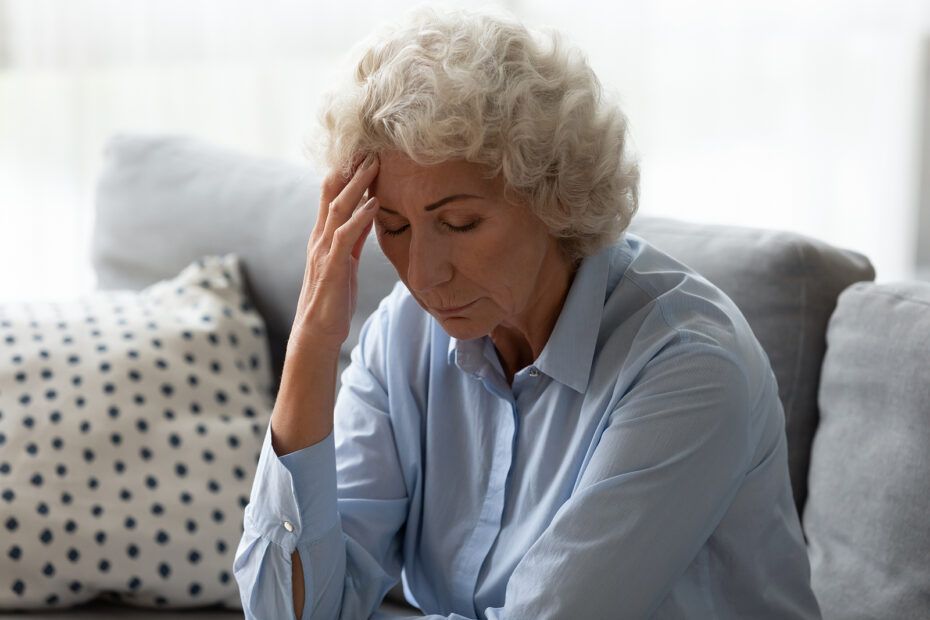
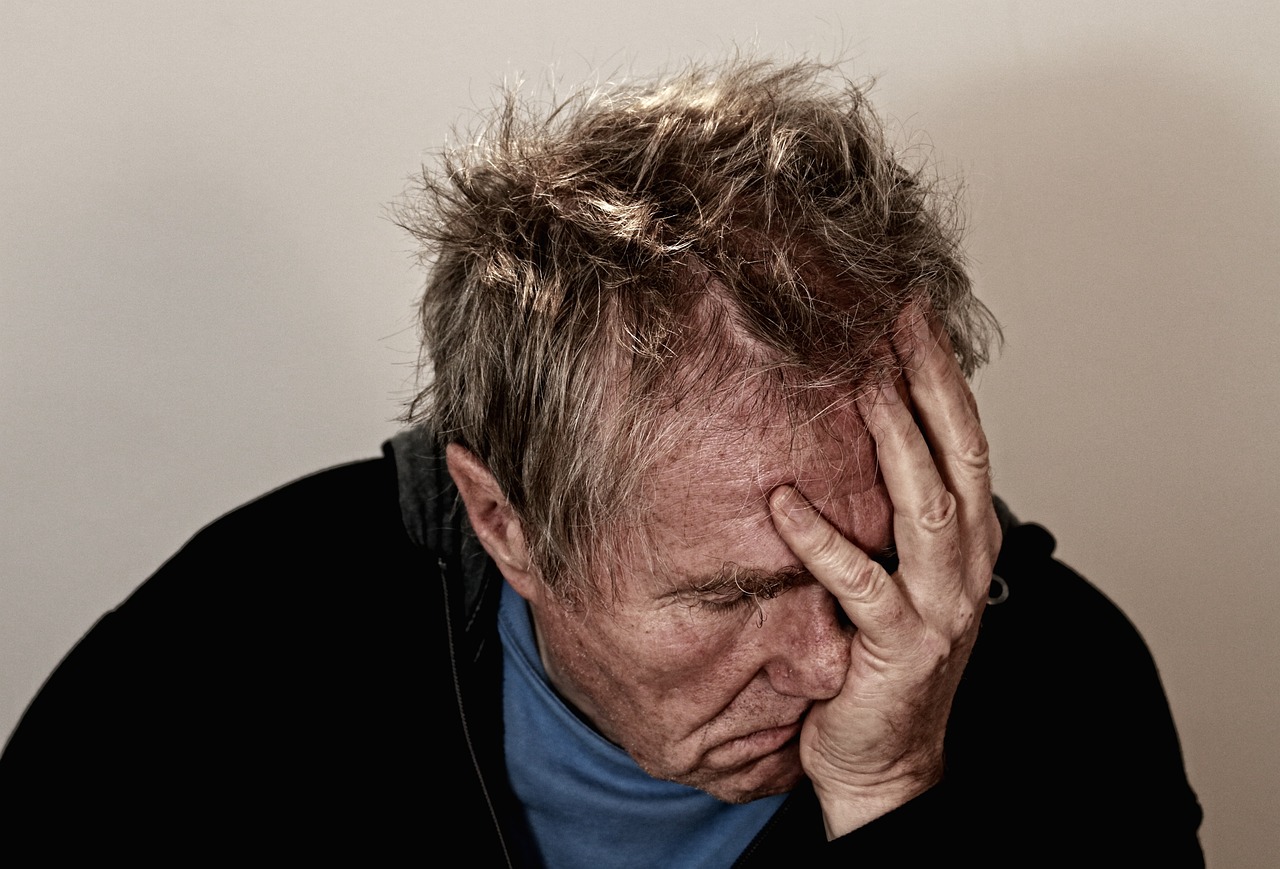
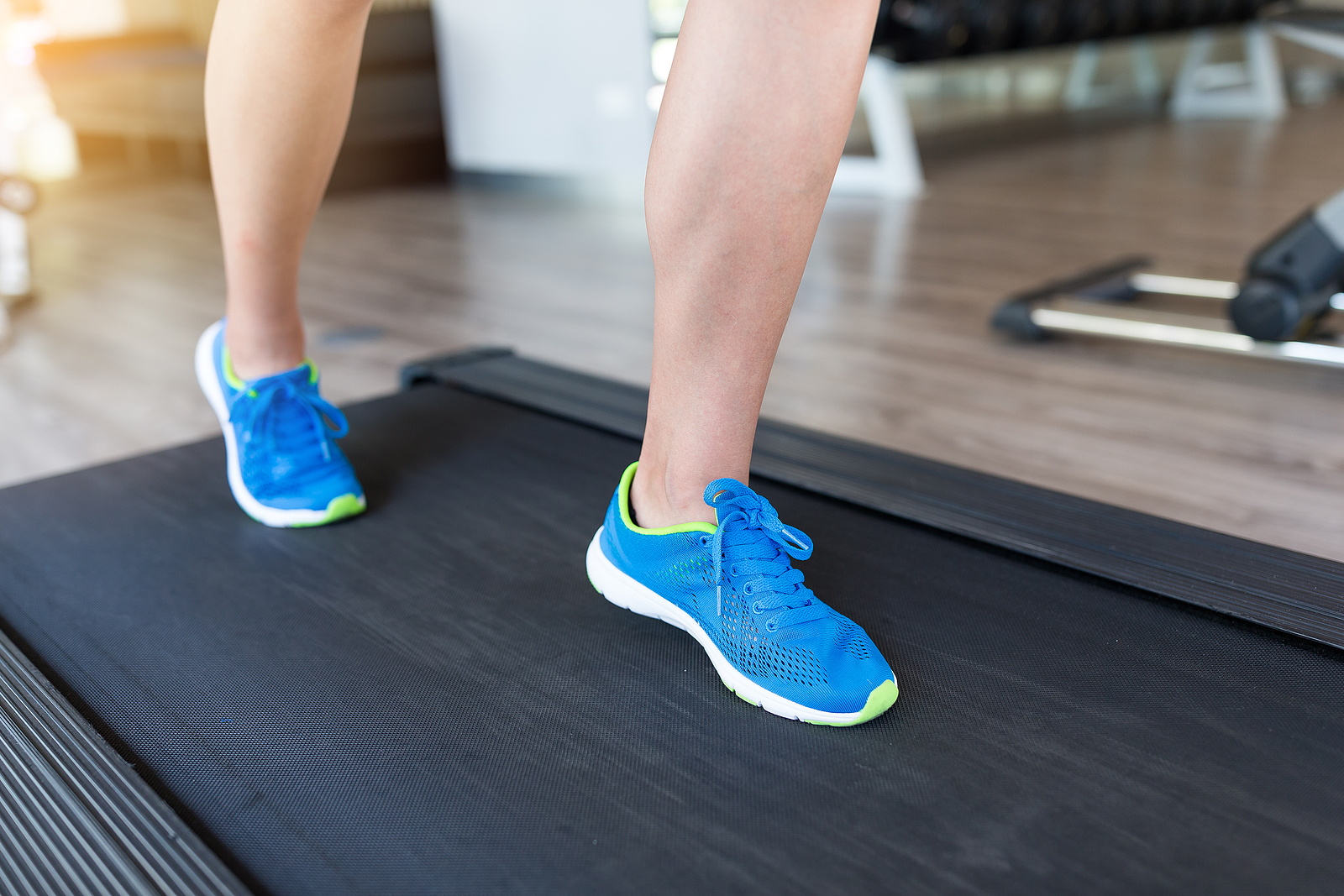
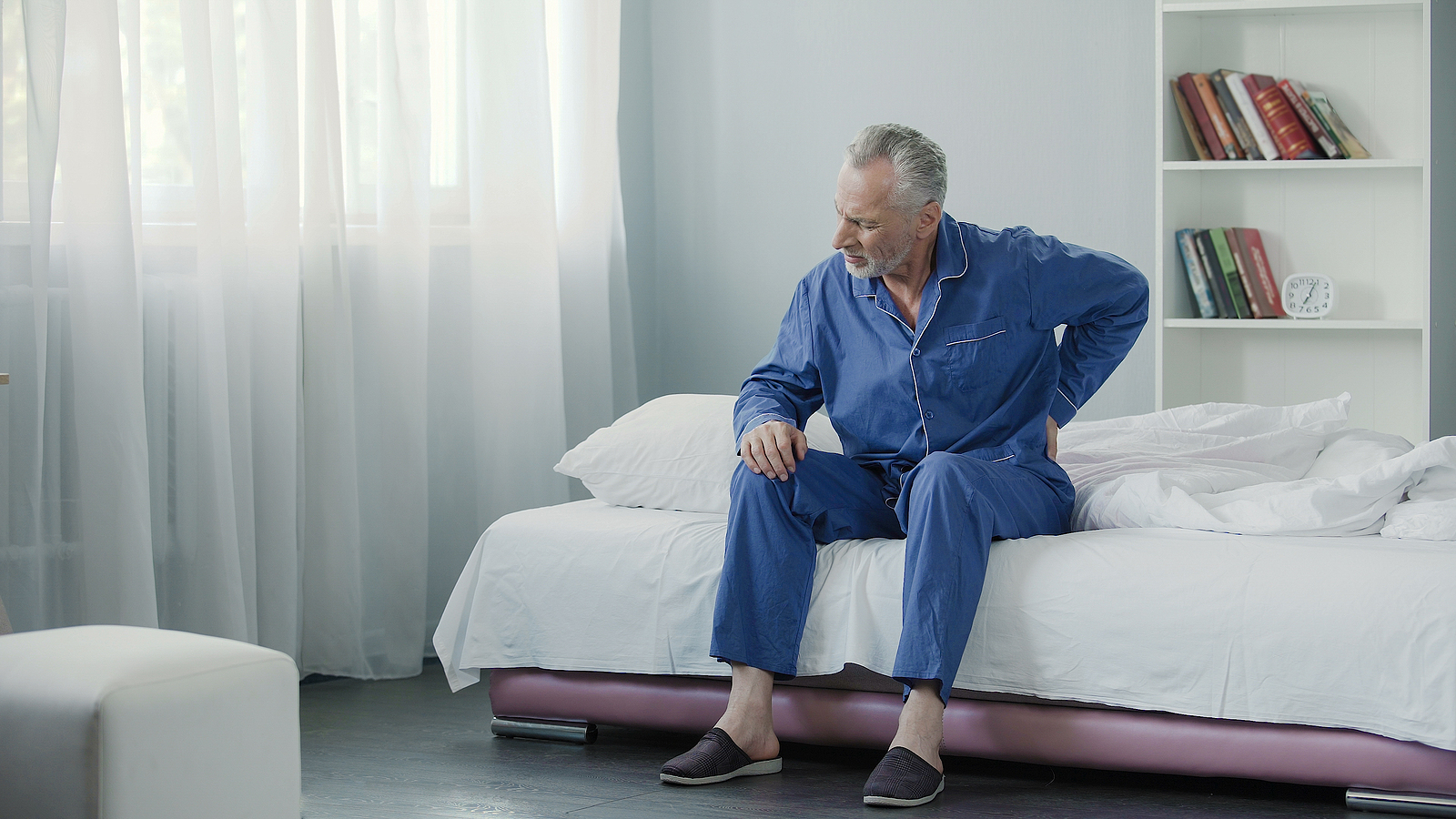
I’ve had a few episodes this morning of spaciness accompanied by flushing of my face, sudden fatigue, and a dull ache in my temples.
Also, tingling in my face
You should set up an appointment with your primary care clinician for an assessment, especially if these symptoms continue.